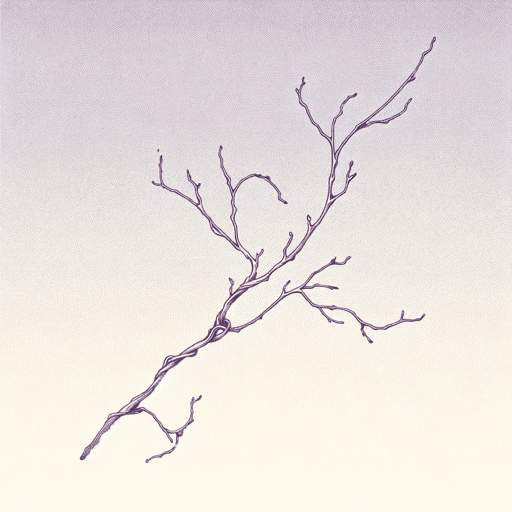18 pages • 36 minutes read
Emily DickinsonThis World is not Conclusion
Fiction | Poem | Adult | Published in 1862A modern alternative to SparkNotes and CliffsNotes, SuperSummary offers high-quality Study Guides with detailed chapter summaries and analysis of major themes, characters, and more.
Further Reading & Resources
Related Poems
“‘Faith’ is a fine invention” by Emily Dickinson (1891)
In this four-line poem, Dickinson characterizes religious faith as an “invention,” implying that organized religion is an institution created by people rather than a higher being. Just as she does in “This World is not Conclusion,” Dickinson criticizes blind religious faith and encourages a “prudent” (Line 3) combination of faith and scientific observation to understand more clearly the mysteries of the world.
“The Only News I know” by Emily Dickinson (1929)
Dickinson declares that she only wants information about the spiritual, describing her lack of interest in this world and her fascination with the life beyond. Just as “This World is not Conclusion” affirms there must be something after death, “The Only News I know” longs for revelations about the afterlife.
“I dwell in Possibility” by Emily Dickinson (1929)
Of all Dickinson’s poems, “I dwell in Possibility” perhaps best expresses her creative vision. The poem describes the imaginative power of poetry to reconfigure the world. For Dickinson, faith and science are not individually sufficient to answer the mysteries of eternity. Her poetry instead advocates a lifestyle of questioning and wondering without the need for a straightforward answer.
Related Titles
By Emily Dickinson
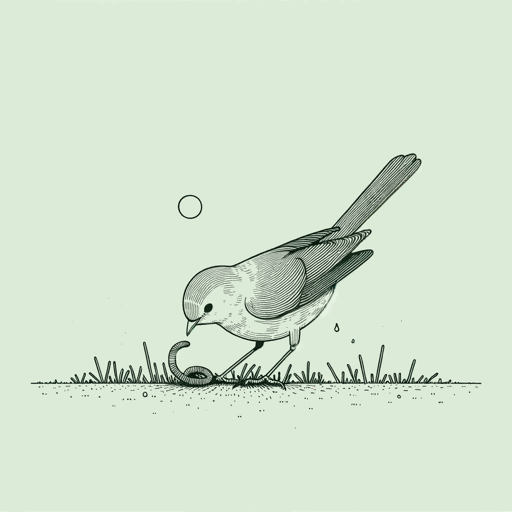
A Bird, came down the Walk
Emily Dickinson

A Clock stopped—
Emily Dickinson
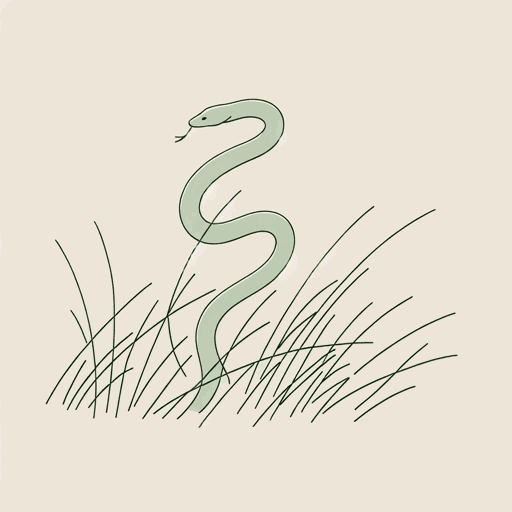
A narrow Fellow in the Grass (1096)
Emily Dickinson
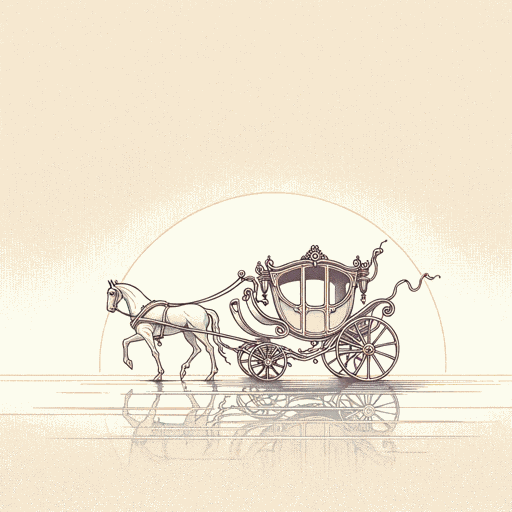
Because I Could Not Stop for Death
Emily Dickinson

"Faith" is a fine invention
Emily Dickinson
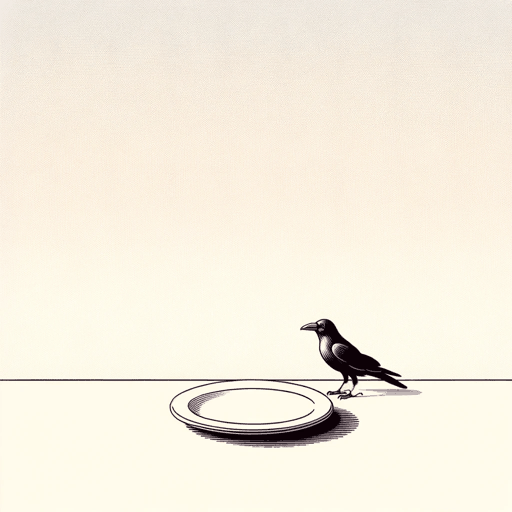
Fame Is a Fickle Food (1702)
Emily Dickinson

Hope is a strange invention
Emily Dickinson
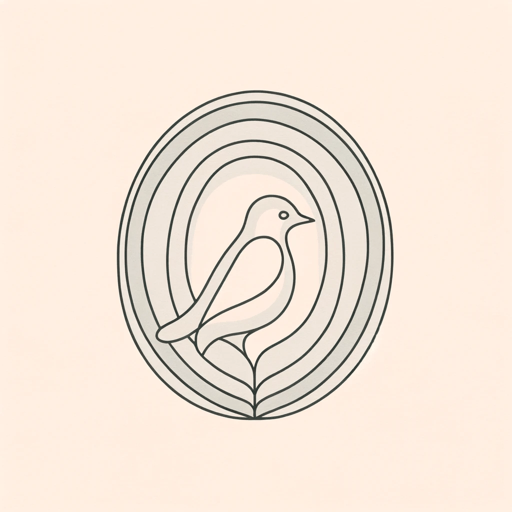
"Hope" Is the Thing with Feathers
Emily Dickinson
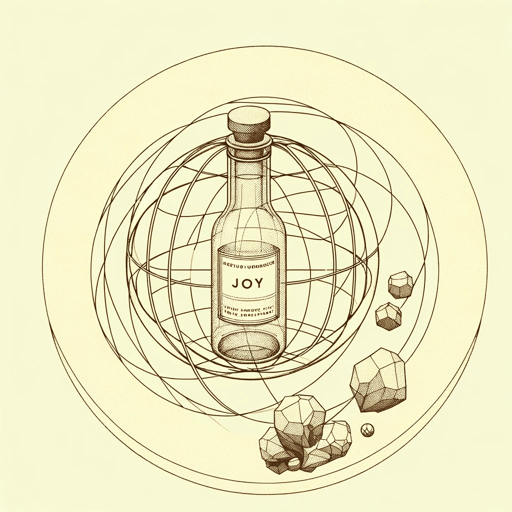
I Can Wade Grief
Emily Dickinson

I Felt a Cleaving in my Mind
Emily Dickinson

I Felt a Funeral, in My Brain
Emily Dickinson

If I Can Stop One Heart from Breaking
Emily Dickinson

If I should die
Emily Dickinson

If you were coming in the fall
Emily Dickinson

I heard a Fly buzz — when I died
Emily Dickinson
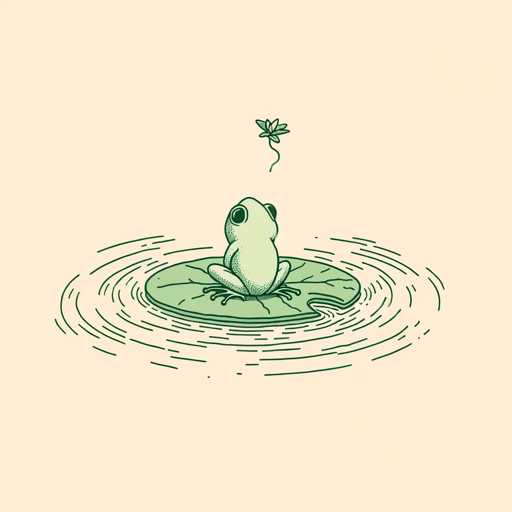
I'm Nobody! Who Are You?
Emily Dickinson

Much Madness is divinest Sense—
Emily Dickinson

Success Is Counted Sweetest
Emily Dickinson
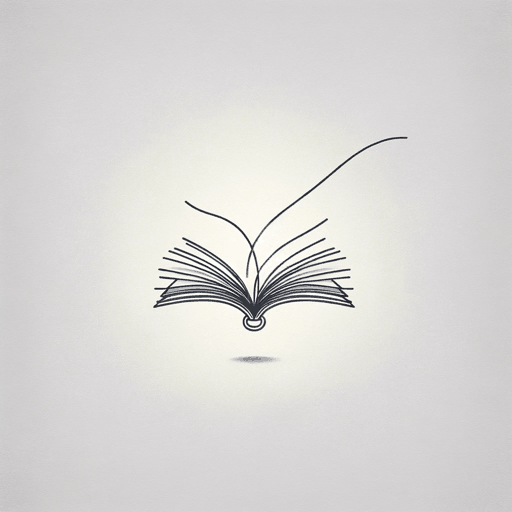
Tell all the truth but tell it slant
Emily Dickinson
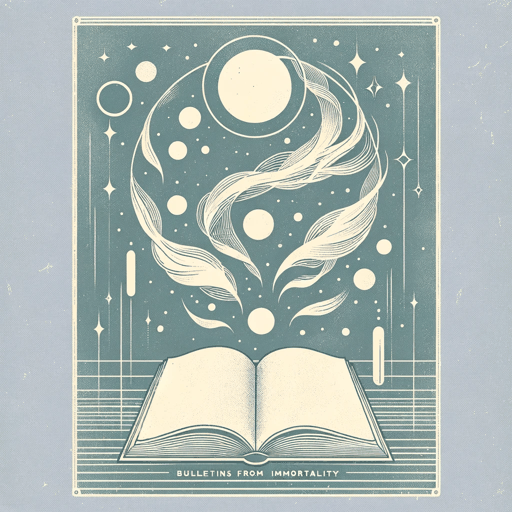
The Only News I Know
Emily Dickinson
Featured Collections
American Literature
View Collection
Appearance Versus Reality
View Collection
Mortality & Death
View Collection
Religion & Spirituality
View Collection
Romanticism / Romantic Period
View Collection
Romantic Poetry
View Collection
Short Poems
View Collection
Trust & Doubt
View Collection
